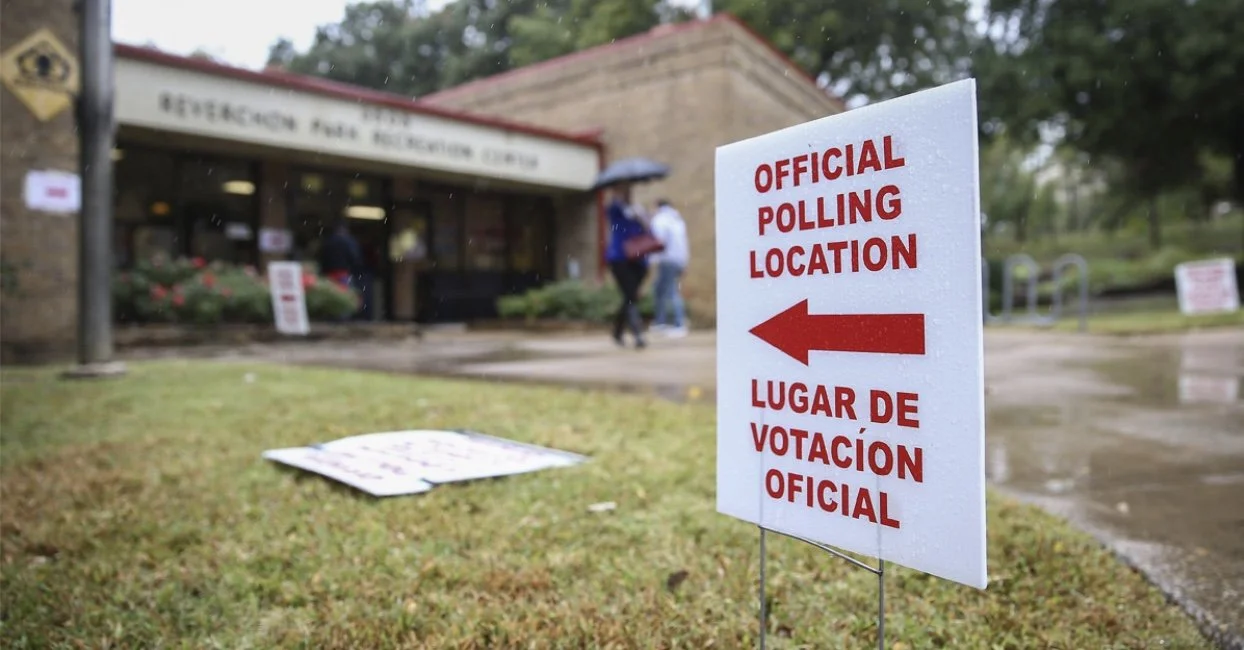International law demands justice for victims of aggression, and as Ukraine's losses mount daily due to Russia's invasion. With approximately $5 billion in frozen Russian sovereign assets within U.S. jurisdiction, the REPO for Ukrainians Act not only empowers the U.S. to transform these funds into essential resources for Ukraine's recovery, but also establishes an international mechanism to facilitate the transfer of over $300 billion in frozen state assets worldwide. In doing so, America can hold aggressors accountable, reinforce a rules-based international order, and support the resilience and rebuilding of the Ukrainian people.
Read MoreThe Lum v. Rice Supreme Court Case of 1927 included Asian American voices in the fight for desegregation of public schools. How is this case, in conversation with other Asian American court cases, relevant in the larger U.S. History?
Read MoreAs states weaken child labor laws in the name of economic opportunity and the federal government cracks down to protect young workers, the future of child welfare is at stake.
Read MoreAfter the Supreme Court’s decision in Dobbs v. Jackson Women’s Health Organization, a number pro-life politicians and activists have begun pushing for legal recognition of fetal personhood. This legal theory, though once considered fringe, could have far-reaching consequences.
Read MoreThese days it seems like the majority of America’s elections revolve around the will of our country’s largest corporations. To better understand how America’s elections have evolved, this article dives into the legal history behind campaigns, elections, and corporations.
Read MoreWith the Affordable Care Act’s provision requiring insurance companies to cover mental-healthcare, for-profit healthcare companies have been forcibly confining patients in order to profit from insurance companies. Is their practice of forced confinement violating judicial precedent or federal law?
Read MoreIn 2020, many Republicans led by former President Donald Trump claimed their election was stolen through fraudulent voter activity. This article examines how voter ID laws, and their proposed solution, have unfolded since then.
Read MoreThe Supreme Court’s decision in Trump v United States has dramatically expanded the legal protections of the President, ruling that the Executive is immune from criminal prosecution for official acts.
Read MoreThe 2024 execution of Marcellus Williams sparked a push to reconsider contemporary applications of the death penalty. This piece examines whether these capital punishment cases effectively ensure justice and adhere to Supreme Court precedents.
Read MoreChevron is dead. In Loper Bright Enterprises v. Raimondo, the Roberts Court offers a victory for constitutional purists and a warning to the administrative state: no longer will the judiciary abdicate its Article III powers, and no more can statutory ambiguities offer regulators carte blanche. But amidst this tectonic shift in administrative law, the balance between efficient governance and judicial oversight hangs in precarious uncertainty, shaken by the Court’s coup de grâce.
Read MoreThe spotlight seems to be shifting, due to the many recent controversial landmark decisions taken by the current court— causing both parties to once again spar over the concept of court-packing.
Read MoreThis article examines the ongoing crisis of gun violence in America, highlighting the challenges of political polarization and the urgent debate over the potential reinstatement of the Assault Weapons Ban.
Read MoreThe SEC’s new climate disclosure requirements have proven polarizing, drawing criticism and legal challenges arguing both that they are too extreme and not encompassing enough.
Read MoreWith the rapid advancement of artificial intelligence, its integration in the automotive industry, and with its new use for measuring drivers; are current automotive privacy statements and user agreements in line with Section 5 of the Federal Trade Commission Act?
Read MoreThis article will dive into United States v. Rahimi by unpacking its context and gravely important implications, especially for victims of domestic violence. (Image Source: The New Yorker)
Read MoreDid you know that the Fourth Amendment’s protections against warrantless searches and seizures may not apply near the U.S.-Mexico border? This article explores the Supreme Court’s articulations of an “exception” to these protections and why the current legal standard fails to safeguard citizens’ constitutional rights.
Read MoreA Texas immigration law, S.B.4, has sparked a contentious debate over immigration enforcement and the balance of power between the states and the federal government. (Source: USAToday)
Read MoreA 2023 case involving the workplace fatality of a sixteen-year-old unearthed the widespread reality of undocumented child labor exploitation. Oversights in legislation regarding undocumented labor may be the core cause.
Read More
















